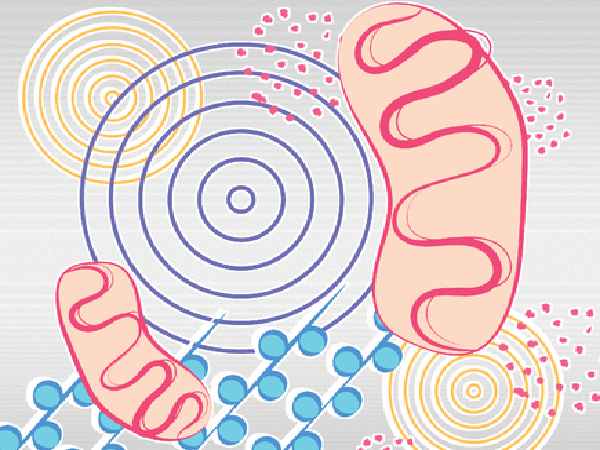Seeking a Second Opinion
After being diagnosed with cancer, some patients consider getting a second opinion. This may involve a pathologist confirming a medical report or an oncologist weighing in on a treatment plan. Patients can seek second opinions when they are first diagnosed with cancer, or well into cancer treatment.
There is relatively little research on the impact of seeking input from a second doctor, but those studies that exist suggest that second opinions can result in significant changes in treatment, writes contributor Stephen Ornes in an article published in the spring 2017 issue of Cancer Today.

A 2005 paper published in the European Journal of Surgical Oncology describes the records of approximately 300 cancer patients, mostly with breast cancer, who sought second opinions at a second-opinion clinic in the Netherlands. In around one-third of cases, the second doctor to review a case recommended a different treatment plan than the first doctor—including major changes like getting radiation instead of surgery.
More recently, pathologists specializing in genitourinary oncology reviewed the biopsied tissue of approximately 1,200 patients in the U.S. who had been diagnosed with bladder cancer in community hospitals. The second opinion potentially warranted a new treatment plan in around 15 percent of patients, according to a paper published in 2016 in Urology.
A second opinion can even change a diagnosis entirely. Interventional pulmonologist Mihir Parikh of Beth Israel Deaconess Medical Cancer in Boston says that part of his job is providing second opinions for patients diagnosed with lung cancer. He says that most of the time, he agrees with the original diagnosis. But he recalls in 2014, at a previous institution, seeing a man who had been diagnosed with early-stage lung cancer. Parikh and his colleagues figured out that the man just had a parasitic infection that was curable with an anti-parasitic medication.
Patients should not be afraid of offending a doctor by asking for another doctor’s help, Parikh says. “We like to think we know everything and can do everything, but a second opinion can bring an insight that I haven’t thought about, and I welcome that.”
Cancer Today, a magazine for patients, caregivers, and survivors, is published by the American Association for Cancer Research. Read the full article on second opinions here.



